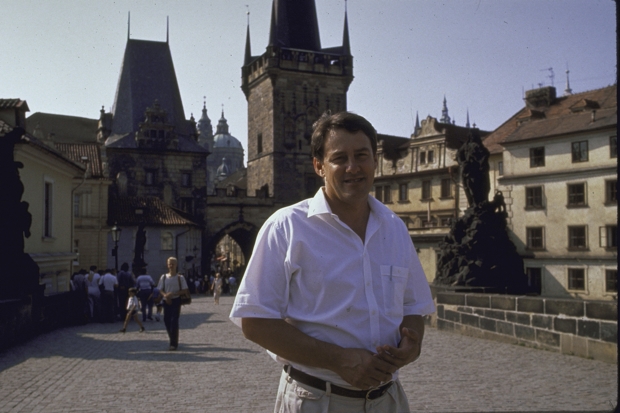In 1993, John Borrell, a longtime foreign correspondent with no permanent home, decided to abandon journalism. Tired of writing about wars and violence — he had been in Beirut, Rwanda and Nicaragua — he determined to throw himself into European rural life. But instead of a year in Provence, he chose 20 years in Kaszubia, northeast Poland. Borrell, originally from New Zealand, had married a Pole. They bought an exquisite piece of land beside a pristine lake, and there they built a boutique hotel.
I was a Warsaw correspondent at about the same time as Borrell, and remember a certain amount of head-shaking over this venture. Even by Polish standards, Kaszubia is deeply provincial; many Kaszubians speak their own dialect, incomprehensible to other Poles, and in the early 1990s there were still Kaszubian villagers who lived without electricity and running water, let alone paved roads. A hotel in such a place — would anyone come?
Not that I was in a position to be critical. In what seems, retrospectively, like an equally irrational moment of madness, my husband and I began to restore a ruined Polish manor house at about the same time. The romantic appeal of the wild Polish countryside, the desire to bring civilisation back to a place that had been destroyed — all of this I can understand very well. But at least our house was in western Poland, half a day’s drive from Berlin. More to the point, we weren’t trying to make a living out of it. Borrell gambled all of his savings on Kania Lodge, and moved his wife and young children there as well.
His story has a happy ending (as does ours) but only after a long struggle. As it turned out, the creation of an elegant, popular and profitable hotel (and eventually wine-import and vodka-export businesses too) required not only the reconstruction of some local infrastructure — roads, for example — but an overhauling of local politics.








Comments
Join the debate for just £1 a month
Be part of the conversation with other Spectator readers by getting your first three months for £3.
UNLOCK ACCESS Just £1 a monthAlready a subscriber? Log in